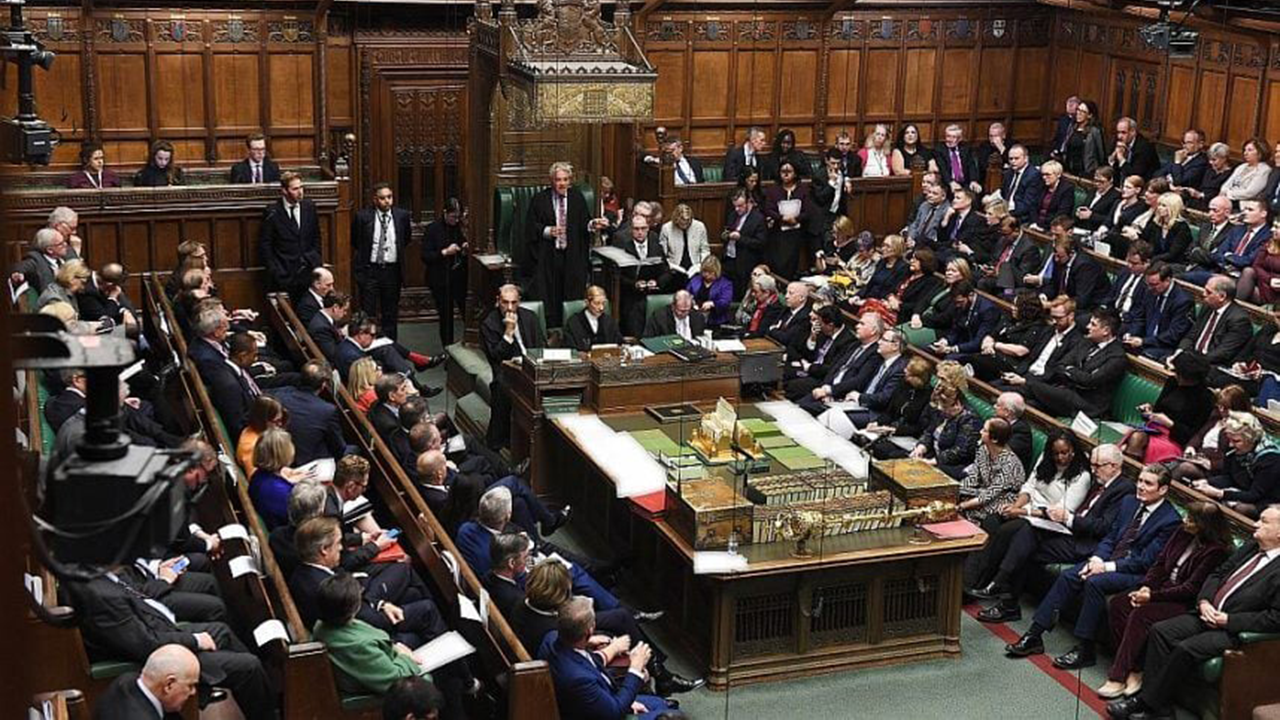UK Gambling Advertising Debate

In a recent twist of events, the UK government’s stance on gambling advertising has come under the spotlight, with experts and policymakers clashing over its potential harm and the lack of concrete evidence to back up claims. The decision to reverse a proposed ban on gambling advertising has sparked intense debates, highlighting a significant lack of consensus on how to approach this complex issue.
Stuart Andrew, the UK’s Parliamentary Under-Secretary of State for Sport, Tourism, Heritage, and Civil Society, firmly supports the government’s decision to backtrack on the ban. He argues that there is limited evidence linking gambling advertisements to an increase in gambling-related harm, and questions whether policymakers have placed too much trust in existing data without critically assessing its credibility.
Dr. Matt Gaskell, head of the Northern National Health Service’s (NHS) gambling task force, vehemently disagrees with Andrew’s assessment. In his role, he has consistently emphasized the connection between advertising and gambling-related harm. Dr. Gaskell argues that the evidence unequivocally demonstrates that gambling promotions lead to a surge in gambling participation, exacerbating the adverse consequences associated with the activity, particularly among youth and vulnerable individuals.
This clash of opinions has brought into focus the need for more extensive research before the UK government takes further action on gambling advertising. In this article, we will delve deeper into this ongoing debate, examine the existing evidence, and explore whether there is a causal link between gambling advertising and increased harm. Is the UK government spinning its wheels, or is there a genuine need for caution?
Examining the Evidence
Stuart Andrew’s argument centers on the notion that there is insufficient proof to suggest that media exposure alone is solely responsible for the harm associated with gambling. He posits that additional research is necessary before any concrete measures are taken. However, Dr. Gaskell’s counterargument raises legitimate concerns regarding this approach, emphasizing the urgency of addressing the issue promptly.
While it is true that causal relationships between advertising and gambling have been identified, the extent of their impact remains a topic of contention. Advertising plays a role in promoting any product or service, but there is no definitive independent study confirming that advertising transforms individuals into compulsive gamblers, as some may want the public to believe.
Unpacking the Research
In February, a group of researchers published their findings on the link between advertising and gambling, citing studies and data available since before 2016. They asserted that previous studies consistently supported the existence of a causal relationship between exposure to gambling advertising and increased gambling activity. However, they also noted a crucial distinction – these studies did not find advertising encouraged young people to start gambling.
Interestingly, the group selected all forms of gambling advertising for their analysis but omitted marketing strategies like sponsorships that did not use advertising to raise awareness or encourage product use. They also identified gaps in evidence related to specific forms of advertising and emphasized that independent studies must remain free from industry interference.
It’s worth noting that the group received funding from the UK Gambling Commission and Gambling Research Exchange Ontario, as well as travel expenses from the Albert Gambling Institute and the Cyprus Betting and Gaming Commission. While these funding sources raise questions about potential bias, they highlight the importance of conducting impartial research in this contentious area.
The Responsible Gambling Conundrum
One intriguing aspect of this debate is the idea that too much responsible gambling communication may actually be irresponsible. Just as telling teenagers they can’t drink until they reach a certain age may pique their curiosity, overly restricting gambling might have a similar effect. Balancing responsible messaging with the need to protect vulnerable individuals is a complex challenge that policymakers must grapple with.
In conclusion, the UK government’s decision to reverse a proposed ban on gambling advertising has ignited a fiery debate. While Stuart Andrew argues for the need for more research and doubts the strength of the evidence, Dr. Matt Gaskell insists on the harmful impact of gambling promotions, particularly on youth and vulnerable populations. The research conducted so far provides some support for both sides of the argument, but gaps and questions remain.
As policymakers continue to navigate these uncertain waters, it is essential to prioritize the well-being of individuals affected by gambling while also considering the potential economic consequences of advertising restrictions. Striking the right balance between these two concerns is a challenging task, and the UK government must carefully weigh the evidence and expert opinions before reaching a final decision.
FAQs
Is there concrete evidence linking gambling advertising to increased harm?
The evidence on the link between gambling advertising and harm is complex and subject to debate. While some studies suggest a causal relationship, there is no definitive independent study confirming that advertising transforms individuals into compulsive gamblers.
Why did the UK government reverse the proposed ban on gambling advertising?
The government reversed the ban citing limited evidence connecting gambling advertisements to increased harm. They argued that further research might be necessary before taking concrete measures.
What is the role of responsible gambling communication in this debate?
Responsible gambling communication is a complex issue. While it aims to protect vulnerable individuals, overly restrictive messaging might inadvertently pique curiosity, leading individuals to engage in gambling. Striking the right balance is crucial.
How reliable is the research on gambling advertising?
The reliability of research on gambling advertising can be a contentious issue. Some studies have received funding from industry-related sources, raising concerns about potential bias. Independent, transparent research is essential in this area.
What is the current state of consensus among policymakers regarding gambling advertising in the UK?
There is no consensus among policymakers on the issue of gambling advertising in the UK. The government’s decision to reverse the proposed ban has sparked intense debates, with conflicting opinions on the need for further research and the potential harm associated with advertising.
Recommended Posts

Buffalo’s Wealth Slot Game by 1spin4win
July 26, 2024

Mobile Payments in iGaming
July 26, 2024




